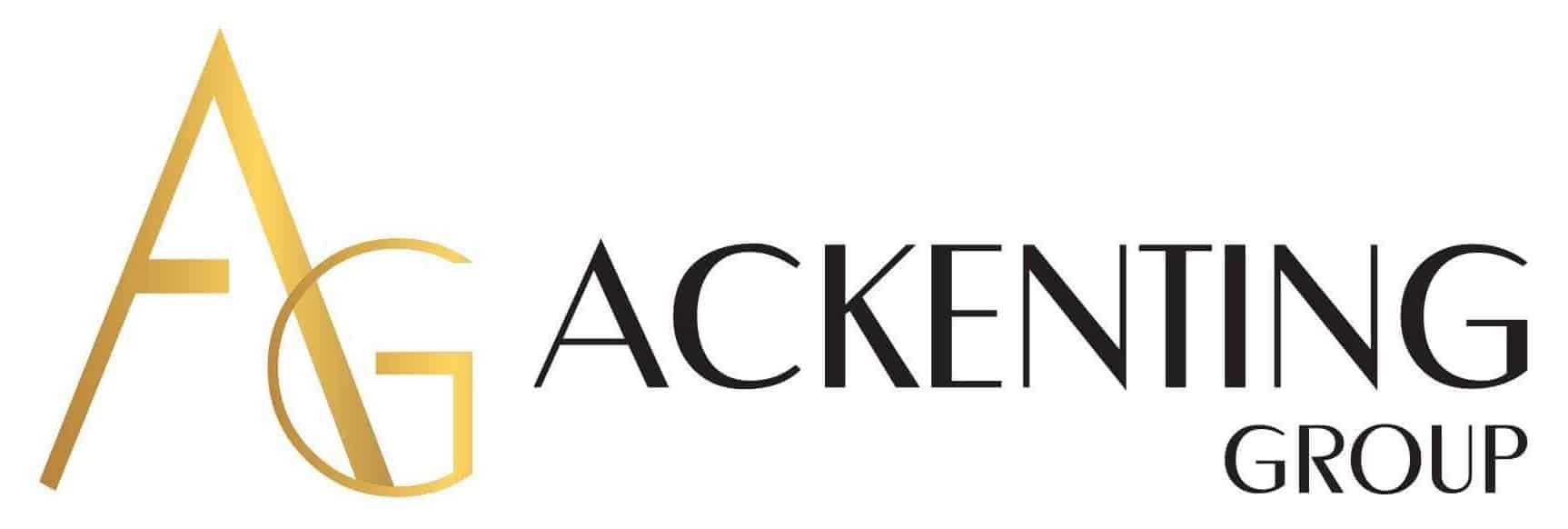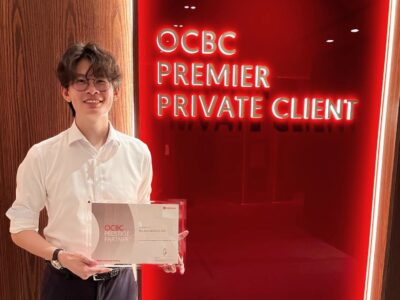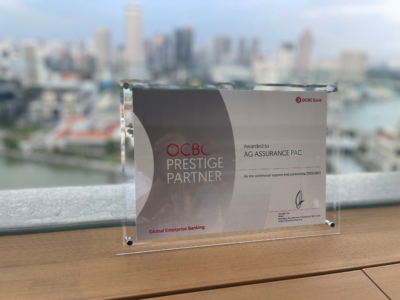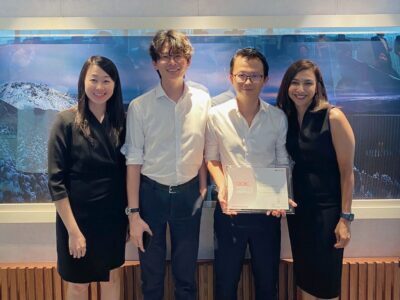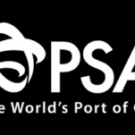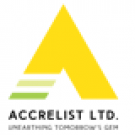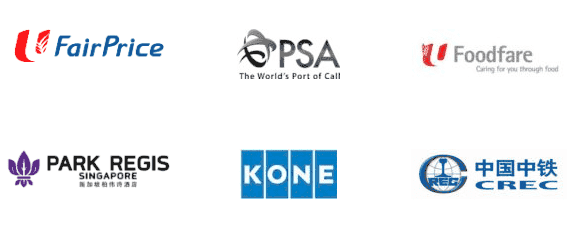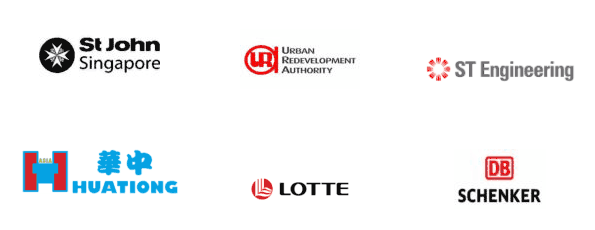How To Reduce Corporate Tax in Singapore
At 17 per cent, Singapore is among the world’s lowest when it comes to corporate tax rates on chargeable income. Ever since the start of 2003, Singapore has implemented a single-tier corporate income tax system. This means that the tax filed by a company is the final tax being paid, and every dividend the shareholders receive from the company are not included in the tax. Singapore does not implement a tax on capital gains such as the sale of fixed assets and foreign exchange on capital transaction gains.
Because of the low yet competitive corporate tax rate, many global enterprises and individuals come to Singapore to either expand their operations or to set up new ventures. Nevertheless, there are still many ways that businesses can adopt to reduce even further their corporate tax rate. Singapore offers a few schemes that help enterprises reduce company tax, such as:
Business and IPC Partnership Scheme (BIPS)
The BIPs offers businesses in Singapore a significant reduction of corporate tax of up to 250 per cent as a way to encourage companies to adopt volunteerism in their working culture. This deduction applies to qualifying corporate expenditures incurred from July 1, 2016, to December 31, 2023, when their staff volunteers and provide professional service, including secondments to recognised Institutions of Public Character (IPCs).
Start-up Tax Exemption Scheme (SUTE)
SUTE is a scheme established by the Singapore government in 2018 to encourage individuals to start their own businesses and foster the growth of local companies. This scheme provides a 75 per cent tax exemption of the first $100,000 of the start-up’s chargeable income. The start-up will also be provided with a further 50 per cent tax exemption for the following $100,000 chargeable income.
Regional Headquarters Award (RHA)
Awarded by the Economic Development Board (EDB), companies pay a lower corporate tax rate if they receive this award. Throughout the award period of 3 to 5 years, the awarded companies need only pay a 15 per cent corporate tax on their incremental income for all covered activities. Companies that are awarded the RHA must, of course, meet certain conditions throughout the 3 to 5 years award period. The RHA is started by the EDB to encourage international companies to make Singapore their main regional operation headquarter.
Charitable Donations
You can get tax breaks when your company makes donations to any IPC registered charity foundations in Singapore. Eligible businesses receive 250 per cent tax reductions based on the donated amount. This tax reduction for such contributions is being extended for two more years until December 31, 2023.
Establishing Separate Entities for New Business Ventures
For entrepreneurs embarking on new ventures, leveraging the Tax Exemption Scheme for New Start-Up Companies presents a strategic opportunity to minimize tax liabilities. One effective approach is to segment business operations into distinct entities rather than consolidating them under a single corporate umbrella.
Particularly for those launching businesses that offer unique services, operate independently, and are managed by separate teams, the establishment of multiple companies instead of a single entity could be advantageous. This strategy not only potentially reduces the overall tax burden but also provides a layer of financial protection between the ventures. In the event of one business facing financial difficulties, its liabilities won’t impact the financial health of the other.
Additionally, this separation allows for a more adaptable shareholding structure, which can be particularly beneficial when attracting investors.
However, it’s crucial to engage with this scheme responsibly, focusing on genuine entrepreneurial and commercial objectives rather than exploiting the system. The Inland Revenue Authority of Singapore (IRAS) has expressed a firm stance against the misuse of this tax exemption, which typically involves strategies like:
- Distributing the income of an established, profitable company across multiple shell companies to fall within the tax exemption threshold; or
- Incurring fees/expenses in a profitable company through transactions with shell companies that lack genuine commercial justification, allowing the shell companies to claim tax exemptions on the income received, while the profitable company claims tax deductions on the expenses.
IRAS emphasizes that these shell companies often show minimal activity, have few employees, and their financial statements reflect limited transactions and capitalization. As of January 2019, IRAS has audited over 300 companies for potential abuse of the tax exemption, resulting in the recovery of more than $25 million in taxes and penalties. It’s important to remember that tax evasion or fraud constitutes a criminal offense under Singapore law.
Conclusions
There are other schemes available in Singapore, such as the Double Tax Deduction Scheme for Internationalisation (DTDi), Pioneer Certificates Incentive (PC), and Development & Expansion Incentive (DEI), that aims to help businesses reduce their corporate tax.
Play a role in Asia’s fastest-growing business hub and help your business reach its maximum potential. If you are in need of professional tax filing services in Singapore, Ackenting Group Singapore can guide you towards making some of the best decisions you will ever make. We are one of Singapore’s best audit and accounting firms, providing an all-in-one corporate solution that covers financial audit, payroll, corporate financing, and tax.
If you require any assistance on accounting services, feel free to drop us an email at johnwoo@ag-singapore.com or contact us at +65-66358767. At Ackenting Group, we offer a complimentary 30-minute online consultation for us to understand your business requirements better.
